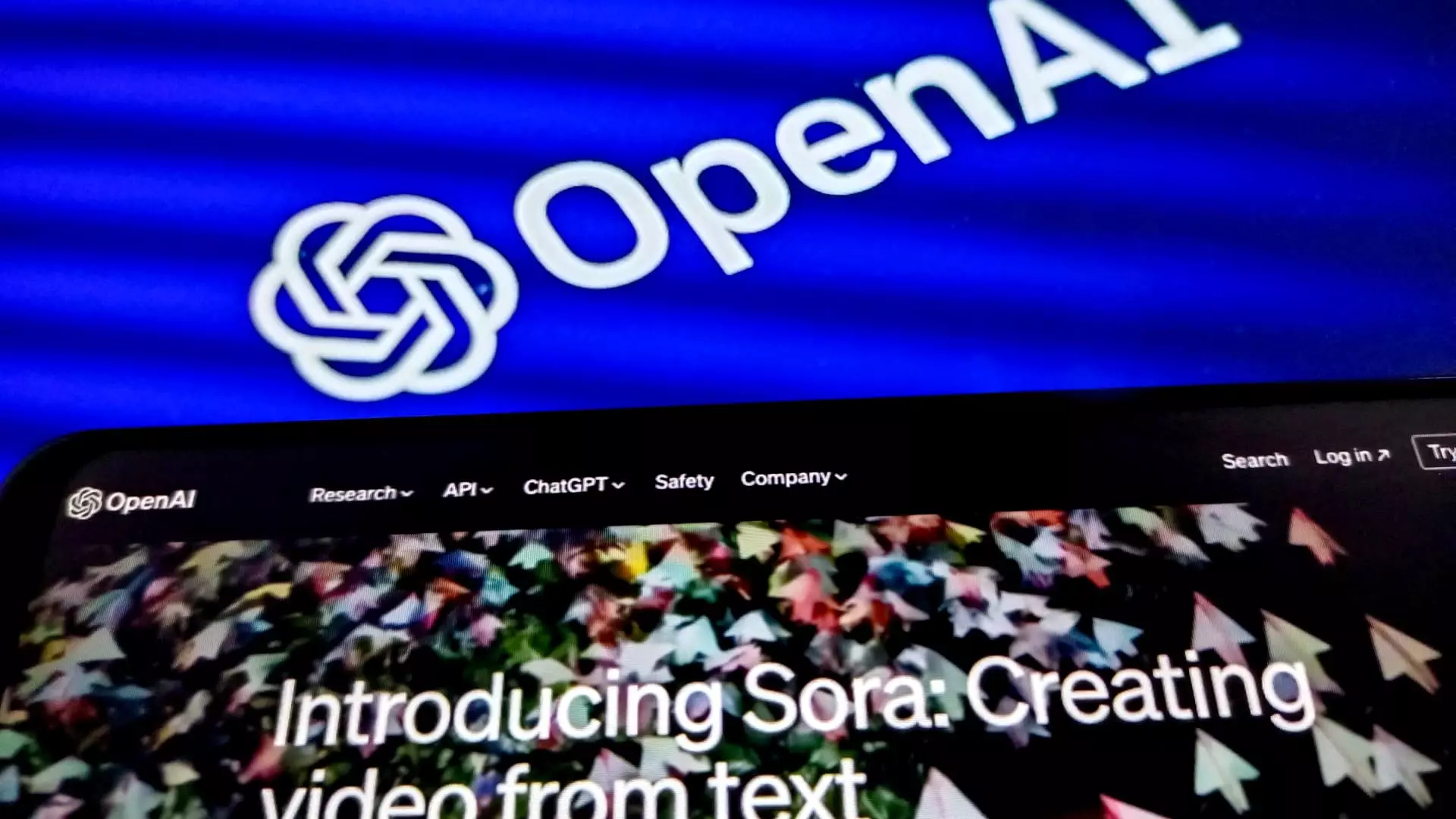In the ever-evolving world of technology investments, Middle Eastern sovereign wealth funds are increasingly shaping the landscape of artificial intelligence (AI) in Silicon Valley. With oil-rich nations like Saudi Arabia, the United Arab Emirates (UAE), Kuwait, and Qatar eager to diversify their economies away from hydrocarbons, the growth of AI has become a strategic area of focus. This article delves into the substantial financial commitments made by these nations and how they are positioning themselves as formidable players in the technology sector.
These Gulf nations are in a phase of rapid economic transformation. The need to mitigate reliance on oil revenues has catalyzed their interest in cutting-edge technologies. With soaring energy prices bolstering their coffers, sovereign wealth funds have more liquidity than many conventional venture capitalists, allowing them to make significant investments in AI companies. A recent Pitchbook report underscores this trend, revealing a fivefold increase in investment from Middle Eastern sovereigns in AI firms just within a year. This growth indicates an acute awareness among these nations of the importance of tech investment as a hedge against the volatility of oil markets.
Among the most prominent players in this landscape is the Saudi Public Investment Fund (PIF), whose assets have reached approximately $925 billion. Under the ambitious “Vision 2030” program initiated by Crown Prince Mohammed bin Salman, the PIF aims to diversify the Saudi economy through massive investments across various sectors, including AI. Furthermore, the Mubadala Investment Company of the UAE, managing $302 billion, has also demonstrated its commitment to tech investments, as evidenced by its involvement in OpenAI’s competitor, Anthropic.
The dynamics of these investments are particularly noteworthy. For instance, the partnership launched by MGX—a dedicated AI fund backed by Abu Dhabi’s Mubadala and G42—exemplifies the sense of urgency in the region. Recently, MGX entered an ambitious alliance with industry giants like BlackRock and Microsoft to raise up to $100 billion for essential AI infrastructure, a clear signal of the Middle East’s intent to become a cornerstone of global tech investment.
Despite the flood of investment, challenges loom on the horizon. While the financial backing from these sovereign funds is substantial, it often comes with geopolitical baggage. For example, the Saudi government’s controversial human rights record has created friction with Western partners and potential investors. The high-profile case of Jamal Khashoggi’s assassination reverberates in the business realm, influencing start-ups and funds that may otherwise consider partnerships with PIF. Notably, Anthropic’s rejection of Saudi investments in its last funding round underscored the persistent unease surrounding human rights in the kingdom.
Moreover, the increasing influx of capital from these funds instigates concerns about a potential “SoftBank effect.” The experience with SoftBank’s Vision Fund serves as a cautionary tale; while it significantly boosted companies like Uber and WeWork to stratospheric valuations, the fallout of overvaluation has raised questions about the sustainability of such financial strategies.
The implications of this surge in investment are profound for Silicon Valley. On one hand, Middle Eastern sovereign wealth funds provide much-needed capital that can help propel AI innovation, pushing the boundaries of what technology can achieve. This financial influx can enable start-ups to scale effectively and may lead to a faster pace of technological advancement.
On the other hand, this trend necessitates a careful reevaluation of the ethical considerations involved in such partnerships. Ensuring that investments align with broader social values and concerns about human rights will be crucial for many venture firms. As Jared Cohen of Goldman Sachs mentions, maintaining a balance between capital influx and ethical standards will be a priority for tech companies wary of backlash from consumers and stakeholders.
The rise of Middle Eastern sovereign wealth funds as prominent investors in Silicon Valley’s AI landscape is a testament to the shifting dynamics of global capital. Their strategy to diversify their economies aligns with a broader goal of achieving technological prowess. However, with the robust potential for innovation comes a set of challenges rooted in ethical considerations and geopolitical implications. As these nations carve out their roles in the tech ecosystem, the relationship between Silicon Valley and these sovereign funds will likely shape the future of AI and investment. Investors, entrepreneurs, and policymakers must navigate this new landscape with both ambition and caution.

